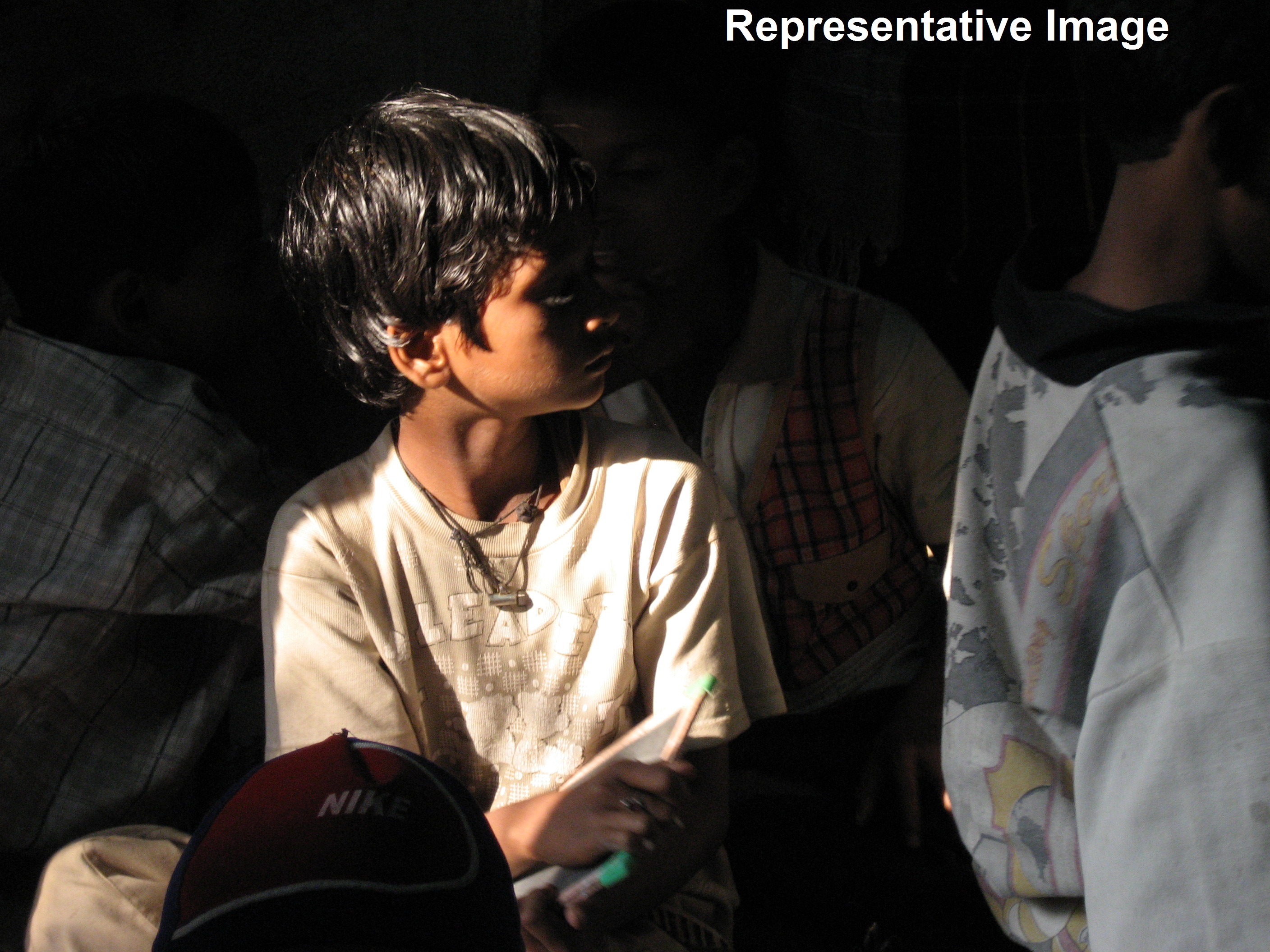Pathchala
Pathchala
Project Brief: Pathchala was established to provide education to poor and homeless children. This organization was conceived by Smt. Indrani Ganguly in 1997 when she came across a number of innocent children simply wasting their energy and time in way-side aimless
Project Type: Non-Formal Educational Centers (description)
Primary Focus: children from slums (description)
Supporting Chapter Contact: Berkeley
Project Type: Non-Formal Educational Centers (description)
Primary Focus: children from slums (description)
Secondary Focus: other
Area: UrbanSupporting Chapter Contact:
Status: proposal-evaluation by chapter
Project Steward: Soumi Gupta
Project Partner(s):
Other Contacts:
Project Address: , ,,,
West Bengal
Tel:
Stewarding Chapter: Berkeley
Project Steward: Soumi Gupta
Project Partner(s):
Other Contacts:
Project Address: , ,,,
West Bengal
Tel:
Stewarding Chapter: Berkeley
Total = $0
Pathchala aims to educate children of the slums. These children live below the poverty line and thus belong to the poorest section of the society. Their parents are
mostly rag pickers, with the occasional vegetable vendor or domestic help.Some of the children themselves are rag-pickers and one helps out his father as a vegetable vendor.
Predominantly basic literacy, but expanded to meet individual needs and capabilities, is imparted to each child. For example, in certain cases, all the regular subjects such as language, mathematics, science, etc., which enables these children to get admission to grade schools, are taught. In this circumstance, Pathchala functions as an intermediary to a grade school. Children with artistic or musical skills are encouraged and provided
with basic vocational training and financial assistance which allows them to get admission to vocational art or music schools. Pathchala's teaching techniques are mostly conventional but with flexibility adhering to the needs of the children. As it is a constant and tremendous challenge to motivate these children to attend school regularly, they are provided with added incentives like free meals, frequent outings to museums, zoos, plays, etc.
Pathchala partially takes care of all three basic needs (food, health care, clothing). One meal consisting of milk, bread and other items, as permitted by available
funds, is provided every day. In addition, on special occasions such as birthdays or during festivals extra treats are given. Clothes are provided to each child, especially warm clothes during winter, and new clothes during the Durga Puja festival. At the moment, only very basic healthcare is provided, due to the lack of accommodation. However, this remains a primary goal of the organization, to provide comprehensive healthcare not
only to all the children but also to their parents. Again,lack of accommodation makes this a very challenging feat.
Asha's support will allow Pathchala to rent a flat that will function as the school building. Lack of accommodation is the biggest hurdle faced by Pathchala. Right now, the school is held at a church, in the courtyard, with no water or electricity. Asha's monetary contribution will take care of the rent and utilities for an apartment. With Asha's support, Pathchala can slowly start to completely achieve it's goals.
mostly rag pickers, with the occasional vegetable vendor or domestic help.Some of the children themselves are rag-pickers and one helps out his father as a vegetable vendor.
Predominantly basic literacy, but expanded to meet individual needs and capabilities, is imparted to each child. For example, in certain cases, all the regular subjects such as language, mathematics, science, etc., which enables these children to get admission to grade schools, are taught. In this circumstance, Pathchala functions as an intermediary to a grade school. Children with artistic or musical skills are encouraged and provided
with basic vocational training and financial assistance which allows them to get admission to vocational art or music schools. Pathchala's teaching techniques are mostly conventional but with flexibility adhering to the needs of the children. As it is a constant and tremendous challenge to motivate these children to attend school regularly, they are provided with added incentives like free meals, frequent outings to museums, zoos, plays, etc.
Pathchala partially takes care of all three basic needs (food, health care, clothing). One meal consisting of milk, bread and other items, as permitted by available
funds, is provided every day. In addition, on special occasions such as birthdays or during festivals extra treats are given. Clothes are provided to each child, especially warm clothes during winter, and new clothes during the Durga Puja festival. At the moment, only very basic healthcare is provided, due to the lack of accommodation. However, this remains a primary goal of the organization, to provide comprehensive healthcare not
only to all the children but also to their parents. Again,lack of accommodation makes this a very challenging feat.
Asha's support will allow Pathchala to rent a flat that will function as the school building. Lack of accommodation is the biggest hurdle faced by Pathchala. Right now, the school is held at a church, in the courtyard, with no water or electricity. Asha's monetary contribution will take care of the rent and utilities for an apartment. With Asha's support, Pathchala can slowly start to completely achieve it's goals.
1. To provide education, both basic and somewhat advanced, to these children.
2. To promote fellowship among the children of this socio-economic class.
3. To engage the children in fruitful activities, some of which can help them to be gainfully employed in the future.
4. To divert them from anti-social activities.
5. To teach them civic and common sense and ultimately self-dignity.
6. To give them a chance to lead a normal healthy life.
2. To promote fellowship among the children of this socio-economic class.
3. To engage the children in fruitful activities, some of which can help them to be gainfully employed in the future.
4. To divert them from anti-social activities.
5. To teach them civic and common sense and ultimately self-dignity.
6. To give them a chance to lead a normal healthy life.

